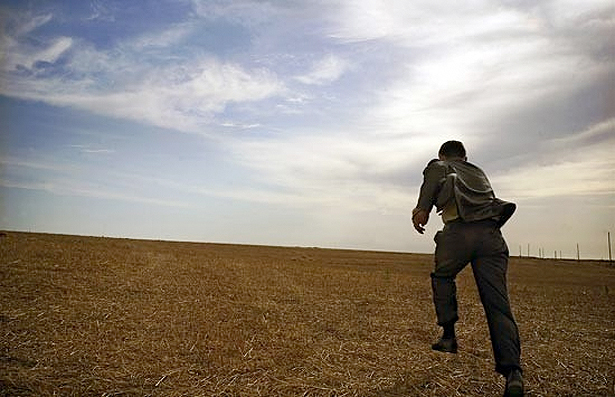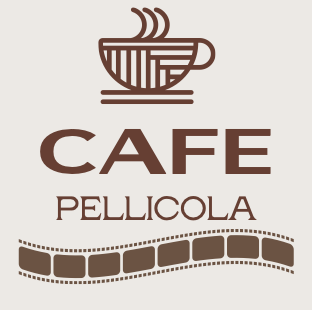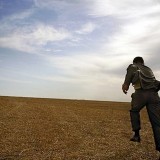From Los Angeles Independent Festival in collaboration with the Italian Cultural Institute of Los Angeles.
Great excitement for this movie which is again from and about Sardinia. The fact that the director was there presenting the film and holding the discussion makes it even more interesting.

Sonetaula is a book by Giuseppe Fiori that he recently re-wrote and shortened. It is set up in a decade between 1938 and 1948 (more or less) in the island of Sardinia, inland, in the shepherd’s most true world.
Sonetaula is the name of our character, in reality a nick name, which means sound of wood, since he was very skinny.
Sonetaula follows the story of many other children in a typical village of Sardinia. He has to help the father to tend his flock, because he has to go to work in a factory in Italy, he would make more money, he said. Poor people, after war, hoping to have a chance to change their lives. However, we will discover that this is not the truth.
Sonetaula is a young boy victim of his culture. In the mountain, in the cold, in the freezing solitude of woods and sheep, one day, founding out that his friends stole one of his sheep he goes and kills 20 of theirs.
It’s a revenge imposed by the shepherd culture, where you have to protect what is yours at all costs and teach others that you are stronger.
This act will mark his life and his future won’t have chances for salvation, unfortunately.Rejected now by a people that is trying to emerge from its millenary absence from the evolution, that is rejecting its archaic pastoral existence rules, Sonetaula is left alone with his life of bandit.
Maybe only 23 or 24 years old, Sonetaula, unable to trust and surrender to justice because too far from his known living codes, he plays his last card making an escape agreement with an ‘important person’, the ingegnere. A person reasonably trusted because of his high social position that, instead, has other interests than saving a poor shepherd life.
This movie has of course the charm of a neorealist movie. They took one year to shoot it, in real places, with real people, I mean non professional actors, and with real seasons, the director says. A photography very effective though, with major technological touches, maybe too many to be authentically neorealist. Nevertheless, valuable for its strong ability to make looks, silences, thoughts, feelings, talk.
However, Salvatore Mereu is not giving his true poetry, like he did in Ballo a Tre Passi. Fair enough, we know he will again.

